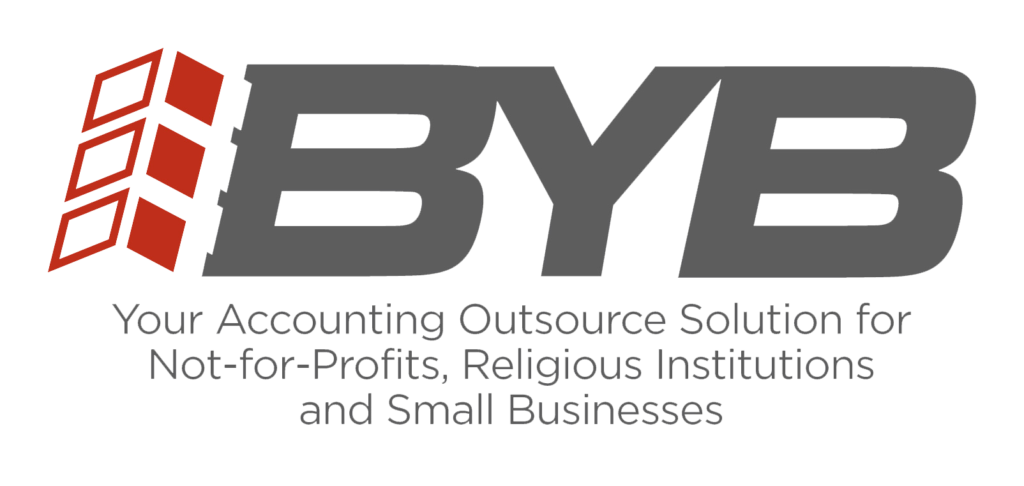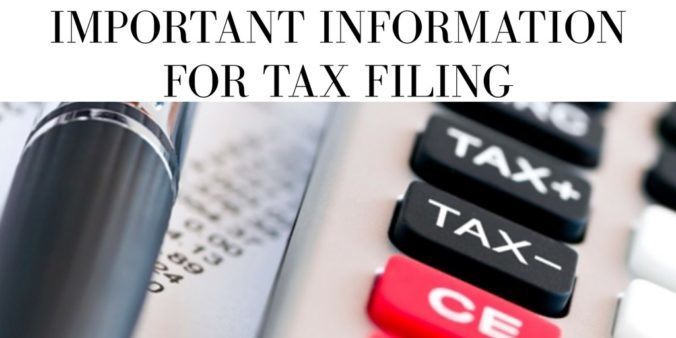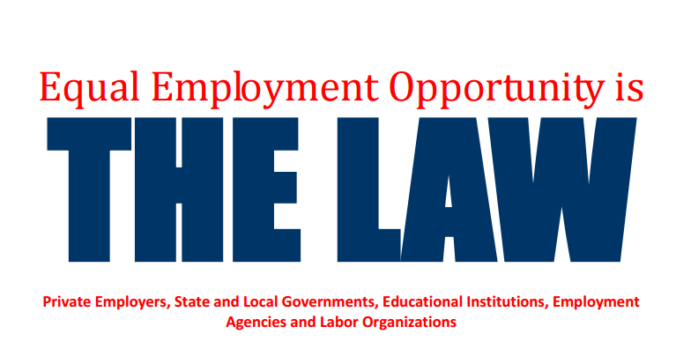The ITIN is an Individual Taxpayer Identification Number issued to an individual by the IRS for tax processing. This is used in cases where an individual does not have, and cannot obtain a Social Security Number. A Nonresident alien who is required to file a U.S tax return will be required to obtain a ITIN.
“As announced in August 2016, all ITINs not used on a federal income tax return at least once in the last three consecutive tax years will expire at the end of the year, based on the 2015 PATH Act. Additionally, ITINs issued before 2013 will need to be renewed, starting with those with middle digits of 78 and 79.”
In order to renew an ITIN, a W-7 form (Application for IRS Individual Taxpayer Identification Number) must be filled by following the instructions and including all information and documentation required. This could be mailed with original identification documents or make an appointment with a IRS certified Acceptance Agent.
For more information on ITIN Click Here!
For ITIN Renewal Click Here!









